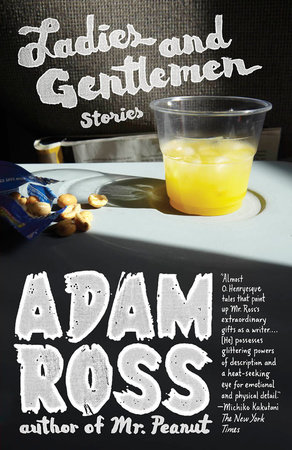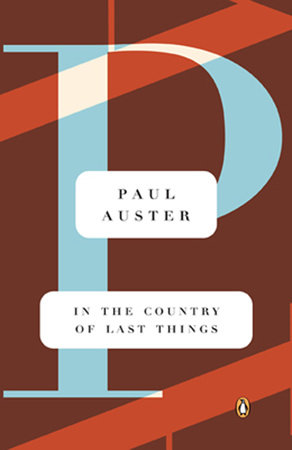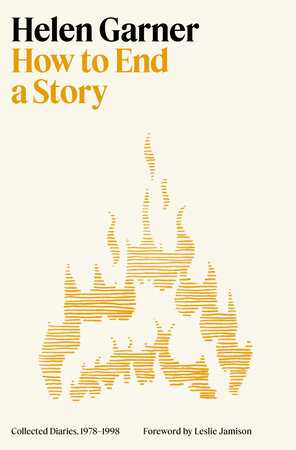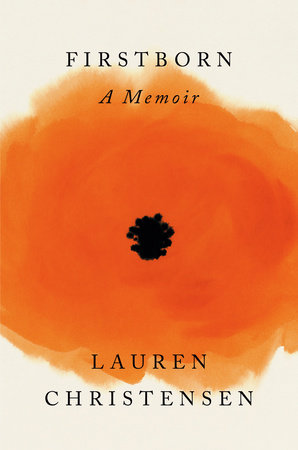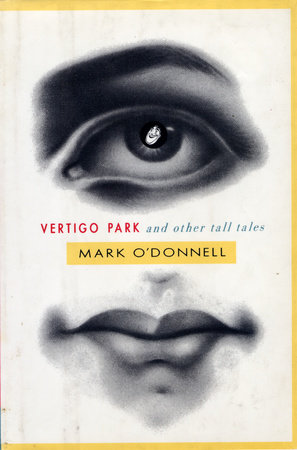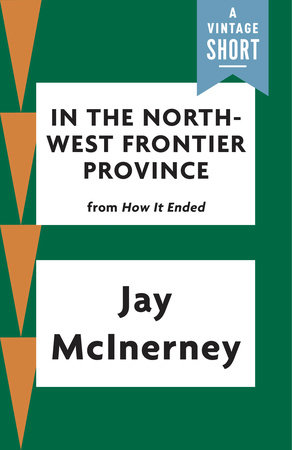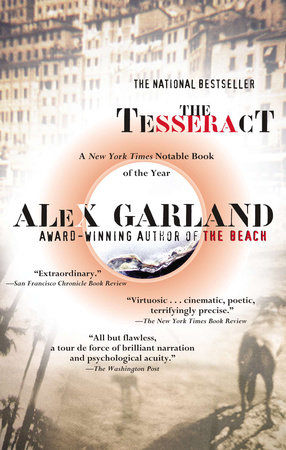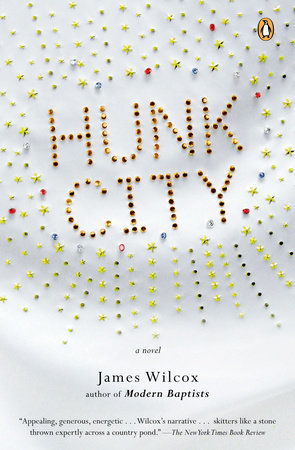A Conversation with Adam Ross
author of LADIES AND GENTLEMEN
Q: In 1995, your father told you a story about your cousin that inspired you to start writing your first book, Mr. Peanut. Was there a particular event or idea that inspired the stories in Ladies and Gentlemen?
A: There wasn’t a single event that inspired me, though as I was writing the collection I was orbiting certain themes—cruelty, the flight from self-awareness, role playing, and the relationship between the storyteller and the listener. However, there absolutely were actual events, images, or anecdotes that informed each story. “Futures,” for instance, was partially inspired by my brother’s girlfriend’s claim that she could read people’s auras, that she saw this nimbus of color that she could interpret with telepathic accuracy; she told me this with so much conviction and specificity that it was hard not to believe her. “The Rest of It” arose from a macabre tale my close friend’s father told me about a gruesome experience he had answering a distress call while sailing in the Caribbean. “The Suicide Room” grew out of apocryphal tales I’d heard at Vassar about certain boarded up dorm rooms where students had supposedly taken their own lives. I could go on, but the seed is always something very specific and vivid that I’m not able to shake for one reason or another.
Q: The book’s epigraph comes from George Eliot: “Cruelty, like every other vice, requires no motive outside of itself; it only requires opportunity.” How does her observation relate to the collection?
A: Nearly every character in Ladies and Gentlemen is presented with the opportunity to be cruel—to cause another person pain knowingly, and even to enjoy that pain. Whether they seize that chance or not offers them the concomitant opportunity to gain control of their lives, to know themselves more fully, and hopefully become better people. The heroes in this collection are the ones who either resist the temptation to be cruel or recognize the chance to be good when it arises. They’re the characters most in tune with themselves, most “in the moment,” as the narrator observes toward the end of “Middleman,” and their reward is a firmer sense of self. “For the first time in my life,” says the narrator in ‘The Suicide Room,’ “I started to feel whole. Because from that night forward, as often as possible, I began asking myself: What are you doing? This isn’t to say I necessarily do the right thing. It just means that I can’t say I didn’t think about it.”
Q: How did you decide the order in which the stories in Ladies and Gentlemen should appear? In what ways do the characters in one story help us to understand or appreciate characters in another?
A: I shuffled the order several times in the run-up to publication, to the exasperation of my editor, actually. I think of collections like albums, with the first story being like an overture. For me, “Futures” included all the themes I was thinking about as I was writing the collection, but with a social/political dimension that the other stories explore in the private sphere. The book builds toward and ends with the title story, which has a cliff-hanging conclusion. The protagonist is faced with a choice, and how she weighs her possible decisions has less to do with what’s right, I think, than with our fraught relationship to time in this hyper-frenetic age. In other words, the last story is like a mirror for the reader: What would you do if you were her? The answer should tell readers something about themselves.
Q: There are so many interesting people in this book, ranging from a professor and a maintenance man, to adult brothers, to strangers who meet on a plane. Are there any characters you are particularly fond of or had an especially good (or difficult) time writing about?
A: I loved writing about David Applelow, the job-seeker in “Futures,” because he so completely embodies that distinctly American belief that our future is bright, that it’s somehow insured or guaranteed, that better things are coming our way at a time when it’s nearly a sin, to paraphrase Saul Bellow, to still believe so innocently that this is true. Sara, the journalist in the title story, is brilliant at getting people to divulge information. I also loved the narrator’s voice in “Middleman,” whose diction is half Jewish modernist, half voice-over pitchman, and had a gas with his love interest, Elsa, who drops SAT-words every chance she gets. Caleb, the narrator of “When in Rome,” occasionally gives away his own self-interest, and working with these levels of dramatic irony are always the best part of writing in the first person. Donato, the maintenance man in “The Rest of It,” is a great storyteller, as are Nicholas and Will, characters who wrestle for control of the narratives in “In the Basement” and “The Suicide Room,” respectively, and when writing from their points of view I felt like I could range almost anywhere. The truth is, I grew fond of them all once I figured out how they talk, who they really are, and how to write about them. However, the process of arriving there can be miserable.
Q: Even with all of their flaws, do you feel a certain sympathy for the antagonistic characters like Zach from “Futures,” Nicholas from “In the Basement,” or Kevin from “When in Rome”?
A: To me, it’s not a question of sympathy but roundedness. I’m trying to render these characters fully, however unpalatable their behavior might be at times. It’s been my experience that we rarely find people entirely unpleasant or antagonistic, because we recognize aspects of ourselves in them. What’s interesting about the characters you mentioned is that each one has been witness to, or is given the opportunity to participate in, betrayal. Nicholas’s past transgressions inform the story he’s telling his guests and make him vulnerable to the narrator’s cruelty at the end, and this is where the theme of storytelling comes in, because we sometimes use stories other people tell against them, picking apart their sensibilities or assumptions to our own benefit. Kevin might not be a good guy, but he’s also very aware of the fact that his brother, Caleb, is no angel either—something the latter has a nasty habit of forgetting. David Applelow, the protagonist in “Futures,” is trying to help Zach get his life on track by telling him about his own failures, but struggles throughout to wash his hands of the boy, and part of the story’s suspense is built around this tension.
Q: Two of the main themes in Ladies and Gentlemen are trust and betrayal and the complex ways that they affect relationships. Why is it that we always give people close to us “one more chance,” like Caleb does in “When in Rome”?
A: Maybe because we know we’re all sinners and hope somebody will give us one more chance when that truth is revealed. I’ll put it in another way: there’s a big difference between someone thinking, “I’m going to give that person another chance,” and saying, “I’m going to give you [or someone else] another chance.” In the latter case, things start to get slippery and interesting because the teller is either hyper-aware of his or her audience or unwittingly revealing something. I try to explore that difference in all the stories.
Q: Jacob, the main character in “Middleman,” seems to have a few things in common with you: you were both child actors who grew up on the Upper West Side and went to the Trinity School. How else are you and Jacob similar?
A: There are probably more dissimilarities. He’s much nicer than I am, first of all. Also, both of my best friends had beautiful older sisters, not just one, so my adolescence was spent moving through doomed love. I didn’t give a thought to my own religious heritage (or lack thereof) when I was that age, whereas Jacob is fixated on it. There were, however, many kids at the Trinity School who were every bit as precocious as the character Abe. To this day, I remember a story that J.M. Maas, son of Serpico-author Peter Maas, read aloud in seventh-grade English, about a dying astronaut adrift in his capsule, the ship running out of oxygen, and it was utterly riveting. There was a poem that future screenwriter Zak Penn wrote called “Thought Takes a Walk” about a trip the Id, Ego, and Super-Ego take one day that ended with the memorable line: “Ego was always getting in the way.” Another classmate had re-read Thomas Mann’s The Magic Mountain multiple times by the age of ten. As a freshman, Pat McEnroe had a backhand that was the envy of any touring pro. New York City can be as provincial as any hick town, but its private schools are certainly hotbeds of adolescent sophistication and oversize talent, for better and for worse. Growing up with a father who was an actor, and acting myself, I did have some really interesting experiences, and it was fun to write about doing “The Eternal Light” radio program, for instance, because it’s a vanished world that I was lucky enough to get to participate in.
Q: What’s next for you?
A: I have two novel ideas that are locked in mortal combat. One will emerge victorious.
